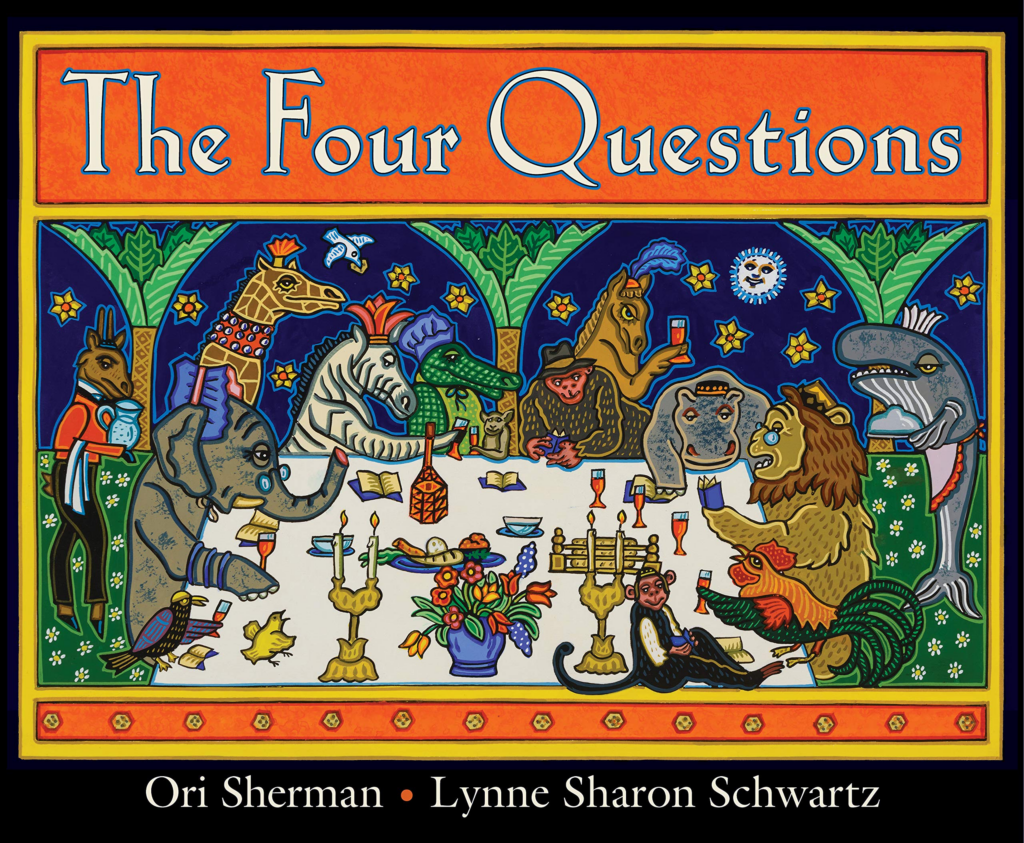The four simple questions every potential author should answer first

The call came in to my mobile phone. An author wanted my help. But after 15 minutes, I still couldn’t figure out what her book idea was about.
If you want anyone to take your potential nonfiction book idea seriously, you have to be able to answer four simple questions — hopefully without thinking very hard:
- Who is the audience? Who will care enough to buy and read the book? There are all sorts of audiences — new graduates, Python coders, Web3 investors, secular Jews, or alienated Republicans, for example. But my prospect’s answer, “everybody,” is always the wrong answer. A book for everybody is a book for nobody.
- What problem will you solve? No problem, no purchase. People buy nonfiction books to solve problems. That might be as specific as “My heating system is inefficient” or as general as “I’m bored,” but all books worth buying solve problems.
- How will you solve the problem? Once you’ve established the problem early in the book, the reader will be looking for solutions. You need to have a few.
- What is your differentiation? Is your book the first of its kind? The first written by a doctor? The first aimed at Gen Z? The most comprehensive? The only one with step-by-step instructions, or a companion app? We don’t need another book just like the books that already exist.
Don’t stop until you have answers
I can coach people to improve their answers to these questions. There are a lot of people who can help you develop your idea if you can at least get started on these answers.
But if you don’t know who your audience is, what problem you’re solving, how you’re solving it, and how your book is different, then I probably can’t help you. And nobody who does serious work on books will take you seriously, either.
That’s because without answers to those questions, you may have a bunch of words, but you don’t have a book.
For the longest time I didn’t really even think about these questions or their answers because I just decided I had a story to tell. I’m a panster, and so I don’t always know what the story is, but I have an idea, an image, a first line, an inkling of the ending, and the rest will fill itself in. Now that I have decided I have a ten-book novel series, which debuts over the holidays this year, and after having written the first three books (although there are many edits ahead), I’ve started thinking about and answering these questions. I’m often asked that first question: “Who is your audience?” And that’s a tough question. Maybe I’ll try and write about that today on Medium. My thought process works great when I’m writing, and after a few hundred words, I might actually know the answer.